Home Remedies For Knee Joint Pain By Dr. Siddharth Gupta
By Dr Siddharth Gupta +2 more

Get,

to manage your symptom
Get your,


4 Cr+ families
benefitted

OTP sent to 9988776655



You’ve successfully subscribed to receive
doctor-approved tips on
Whatsapp

Get ready to feel your best.

Hi There,
Download the PharmEasy App now!!


Register to Avail the Offer
Send OTPBy continuing, you agree with our Privacy Policy and Terms and Conditions

Hi There,
Sign up on PharmEasy now!!
Trusted by 4 crore+ families

OTP sent to 9988776655



You have unlocked 25% off on medicines




Code: NU25
By Dr Siddharth Gupta +2 more
Table of Contents
Our elders are usually the ones complaining about knee pain, but it is not necessarily limited to them. Knee joint pain may be experienced by in anyone and at any age. As we grow older, we might experience joint pains due to tissue degeneration. Specifically, knee joint pain might occur due to injury, joint overuse or a condition of the joints known as arthritis. Your doctor will examine you thoroughly, run a few tests and diagnose the cause of your knee pain. They will then decide the treatment plan based on the severity of your condition. The treatment options may range from simple home remedies, exercises, medications and minimally invasive procedures to surgery1. However, there might be a few simple helpful tips and tricks that might ease your knee pain. Let’s look at these in detail.
You can experience pain in the knee joint because of following conditions:
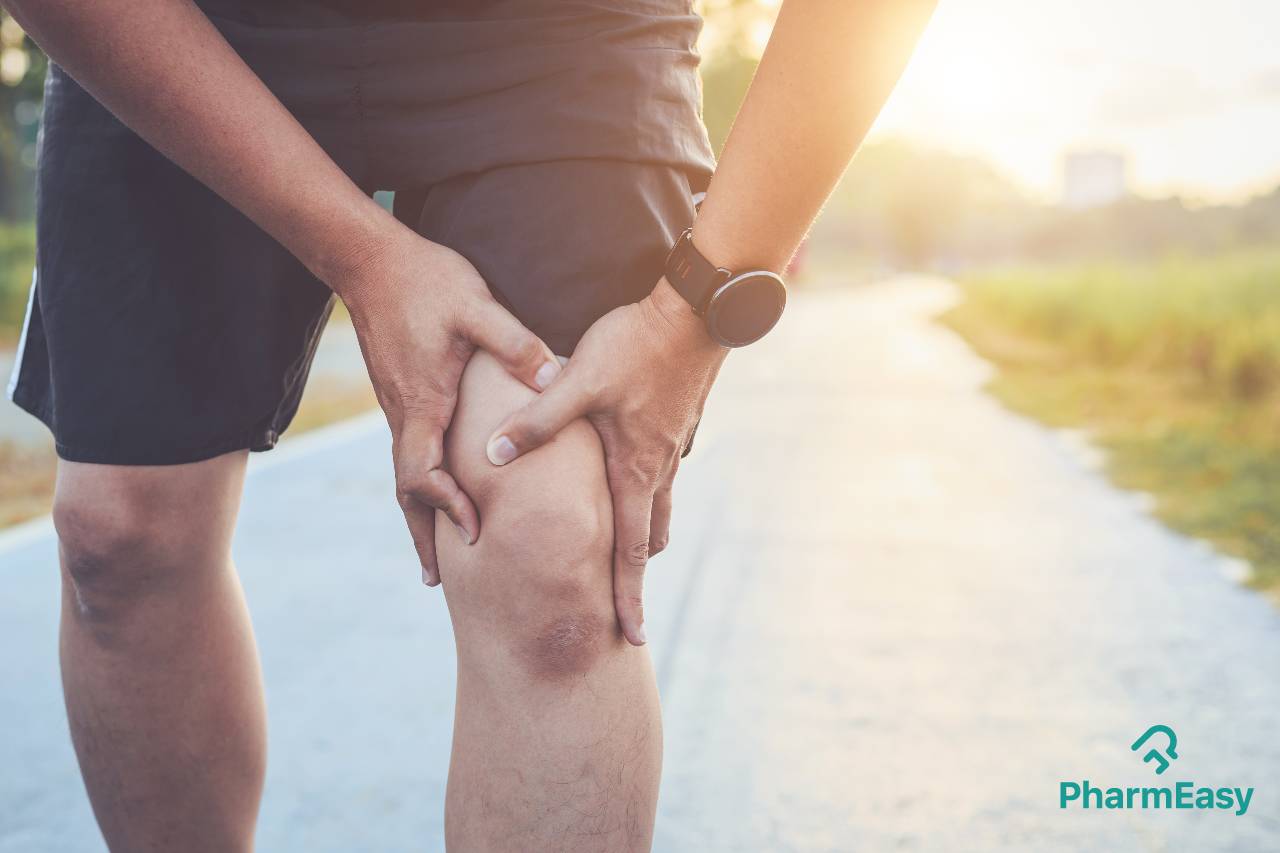
Knee pain is itself a symptom that can occur due to the above-mentioned causes. However, you may experience the following symptoms of joint pain along with knee pain:
Kindly ensure that you consult a doctor and do not self-medicate.
The scientific community is always looking for safer ways to treat diseases, which is why natural products such as Guduchi, Masha, Linseed, etc. are being researched extensively. However, more research is required to ensure their safety in humans. Therefore, the following home remedies for knee joint pain might be helpful along with the treatment your doctor has advised.
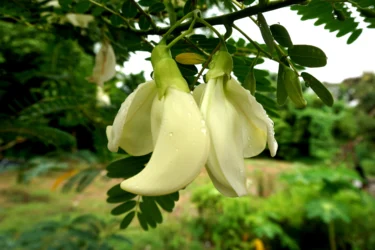
Agastya is also known as West Indian pea in English, Agatha in Hindi, Avisa in Telugu, Bak in Bengali and Agathiyo in Gujarati. It might be helpful to relieve knee pain. Application of the paste made from the root and bark on the surface of the knee may have an alleviating effect on the pain. However, more research is required to prove such effects. Kindly consult a doctor before starting any medication3.
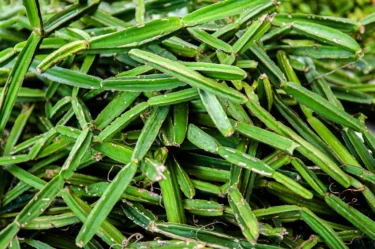
Hadjod or Asthisamharaka is the Hindi name of the Eldt grape. It is also referred to as the Devil’s backbone or Adamant creeper. Its scientific name is Cissus quadrangularis and it belongs to the family Vitaceae. It might help with knee pain and other joint pains. Your Ayurvedic physician might advise you to fry the stem of hadjod in ghee and consume it with milk. This might be helpful in fractures and in osteoarthritis. However, there is need for further research to prove such claims3.
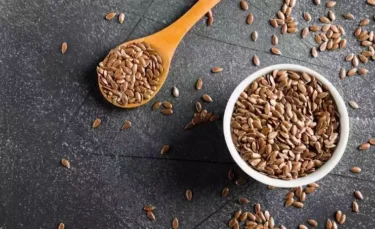
Atasi, which is known as linseed in English, might help with knee pain due to arthritis. Commonly, your doctor might suggest that you first take a few seeds of linseed and soak it in sour buttermilk. A fine paste is to be made from this and applied it on the affected knee(s). However, more research is required to know about its efficacy and safety3. You should use it as per the prescription of your Ayurvedic doctor. Do not self-medicate.
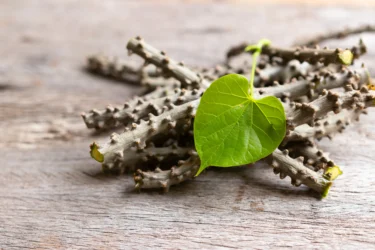
Guduchi, or Tinospora cardifolia is also known as Giloe or Gurcha (Hindi), Seendal (Tamil), Indian Tinospora or Heartleaved moonseed. It belongs to the family Menispermaceae. It might be helpful in arthritic pain. Your doctor might recommend drinking guduchi juice for your arthritic knee joint pain. However, more research is required to prove these effects. Therefore, do not self-medicate. Kindly consult a doctor3.
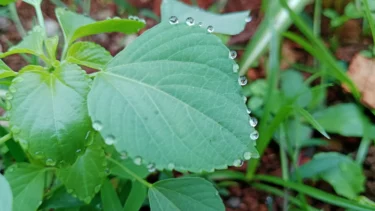
This herb is known by different names in different parts of India. In Hindi it is called Kuppi or Aamaabhaaji, Indramaris in Oriya, Muktajhuri in Bengali, etc. It belongs to the family Euphorbiacea and is called Acalypha indica also commonly known as Indian Acalypa. The leaves of this plant might be helpful with the knee pain mainly associated with arthritis. Your doctor might advise that you fry these leaves in ginger oil and use that oil for application on the painful joints. However, more research is required3.
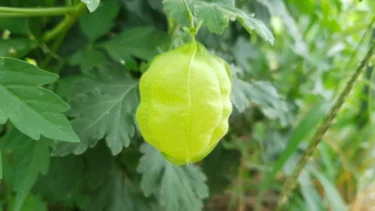
Indravalli has a variety of names like Fatphati (Marathi), Vekkudutiga (Telugu), Ulinna (Malayalam), Bodha (Gujarati) and Ballon vine or Heart’s pea (English). This leaf might prove to be effective in treatment of knee pain and other arthritic pain. It is used by cooking the leaves in tila oil and then using the oil for massaging the painful joints. However, there is a requirement for more research on this subject3.
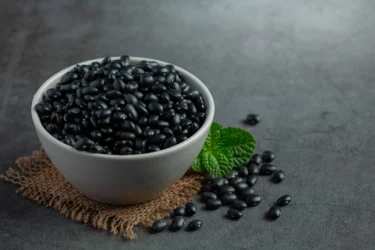
It belongs to the family Fabaceae and is known as Teramus labialis scientifically. It is also known as Jangli urad, Mashoni and Mashavan among many other names. A paste is made by adding black gram seed powder to few drops of sesame oil and applied to the painful knee joint; this might be helpful for joint pain. This might help to reduce the swelling and pain. However, more research is required to prove these effects. Therefore, please consult an Ayurvedic physician for the same3.

Your doctor might recommend some of these solutions for your knee pain:
Please consult a doctor before following any of these natural remedies for knee pain. Kindly do not self-medicate.
More human studies are needed to establish the true extent of the benefits of these home remedies in knee joint pain relief. Thus, these should only be followed with caution and never as a substitute for medical treatment.
For Knee pain due to a minor injury or from arthritis symptoms, “RICE” i.e., Rest, ice, compression, and elevation (RICE) is known to be of some benefit. Give your knee some rest, apply ice to reduce swelling, wear a compressive bandage, and keep your knee elevated.
Dr. Ashish Bajaj, M.B.B.S., M.D. in Clinical Pharmacology and Toxicology
Also Read: Tingling in Hands: Exploring Causes and Potential Remedies
You should always seek medical help when you are doubtful and are experiencing symptoms of knee pain. You should especially get a check-up done under the following circumstances:
Overweight and obesity can put additional pressure on your knee joints. According to the Arthritis Foundation, an additional 10 pounds of weight can add between 15 and 50 pounds of pressure to a joint4. The foundation also notes the links between obesity and inflammation. For example, people with a high body mass index (BMI) have a greater chance of developing OA of the hand than those with a low BMI.
Dr. M.G. Kartheeka, MBBS, MD(Pediatrics)
Also Read: Natural Home Remedies for Arthritis
Knee pain can affect anyone, especially in the older age group. It might occur mainly due to injury, arthritis, or overuse. The treatment options vary and depend on the severity of your condition. It is at the discretion of your doctor based on your consultation. There are few natural herbs that might be useful for knee pain Some of them are masha, linseed, indravalli, hadjod, etc. However, more research is required to prove the effectiveness and safety of these herbs. Please ensure that you consult a doctor and do not self-medicate.
Also Read: Best Home Remedies for Cracked Heel
Natural herbs that might help with knee pain are linseed, masha, indravalli, hadjod, etc. However, there is not enough scientific evidence for the use of these home remedies for knee joint pain. More research is required to prove the effect of these herbs. Therefore, please consult a doctor and do not self-medicate3.
Linseed might help with arthritic knee pain. However, more research is required to prove such effects. Therefore, please consult a doctor before using linseed for knee pain. Kindly do not self-medicate3.
There are no reports claiming the possible positive effects of coconut oil for knee pain. There is need for more research regarding the same.
There are a few herbs like linseed, guduchi, hadjod, etc. which might potentially help with knee pain. There is not enough research to prove the effectiveness of the mentioned knee pain home remedies Please consult a doctor for treatment of knee pain and refrain from using home remedies without consultation3.
Disclaimer: The information provided here is for educational/awareness purposes only and is not intended to be a substitute for medical treatment by a healthcare professional and should not be relied upon to diagnose or treat any medical condition. The reader should consult a registered medical practitioner to determine the appropriateness of the information and before consuming any medication. PharmEasy does not provide any guarantee or warranty (express or implied) regarding the accuracy, adequacy, completeness, legality, reliability or usefulness of the information; and disclaims any liability arising thereof.
Links and product recommendations in the information provided here are advertisements of third-party products available on the website. PharmEasy does not make any representation on the accuracy or suitability of such products/services. Advertisements do not influence the editorial decisions or content. The information in this blog is subject to change without notice. The authors and administrators reserve the right to modify, add, or remove content without notification. It is your responsibility to review this disclaimer regularly for any changes.
Comments

Leave your comment...
You may also like
Comments